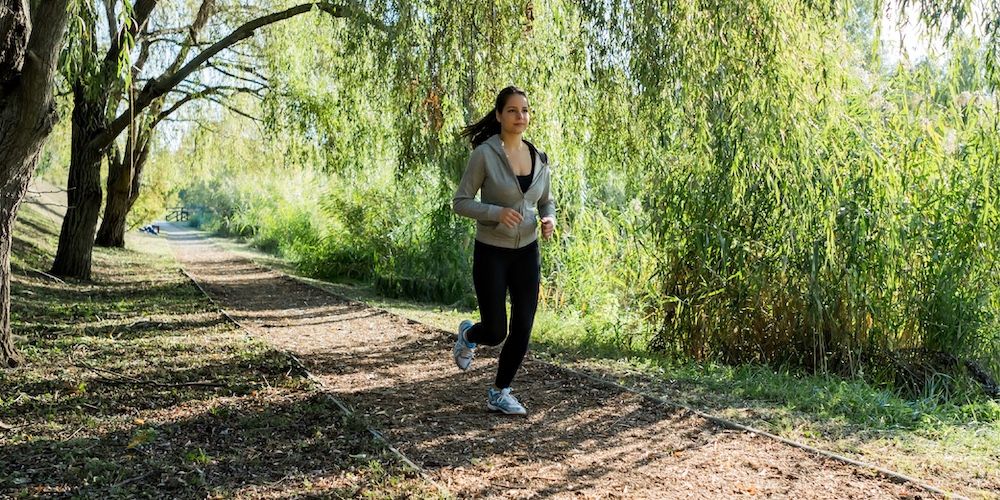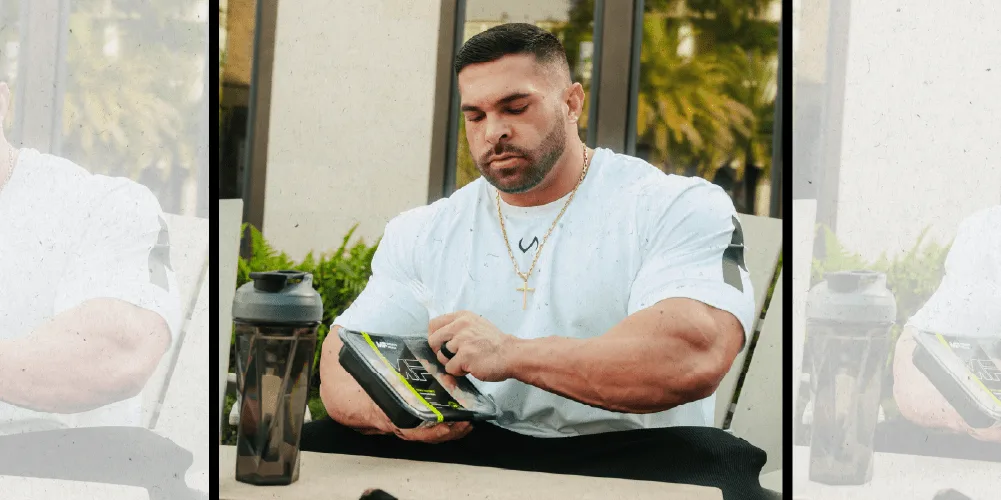If you’re anything like us, the news of gyms being closed another 30 days (minimum) probably crushed you a little inside. There’s no doubt that working out at home just isn’t as motivating. For some of you, this might cause some anxiety as to how you will maintain your gains, or continue to make progress at the same rate as if you were sticking to your regular gym regimen. We’re here to reassure you that muscle memory is a real thing. Even if you were to take an entire month off of training, your strength and size will come back faster than the time it initially took to create that muscle and strength.
The term muscle memory often brings to mind the ability to retain physical skills without constant practice. But there is another kind of muscle memory, and it reaches the molecular level. Muscle memory isn’t exclusive for the genetically gifted, but rather a fundamental and valuable element of human physiology. Weightlifting permanently alters the physiology of muscle cells, allowing muscle fibers to regain size and strength faster than initially gaining them. Most cells in the human body have one only nucleus. However, muscle cells have hundreds, sometimes thousands, of nuclei.
In the same way that relearning to ride a bike is much easier than the first go around, regaining muscle and strength after some time off is much easier than initially building it. Studies have shown that, even as muscles shrink, muscle cells stick around. When rebuilding muscle, after a suspended period of training, “a radical regrowth is observed.”
When you lift weights, muscle fibers are damaged, which causes muscle cells to attain nuclei from satellite cells in order to recover and repair. These muscle cells then contain myonuclei, which increases their ability to grow and strengthen. The myonuclei also contain the DNA that is responsible for building new muscle proteins. Just because you take time off training, doesn’t mean your muscles lose these qualities. In fact, the myonuclei have been shown to stick around for a long time, and possibly forever. Because of this, if you lose muscle due to inactivity or atrophy, usually beginning around week three or four, regaining that muscle once weight training resumes is much easier and faster than the initial build up.
So for those struggling with gym closures and shelter in place orders, we can rest easy knowing biology has our back. We encourage everybody to stay as active as they can during this time. We CAN come out of this feeling, looking, and training better than before.
https://legionathletics.com/muscle-memory/
https://journals.physiology.org/doi/full/10.1152/japplphysiol.00436.2012
- Winter Arc Season: How To Level Up - November 9, 2024
- The Benefits of Having a Solid Daily Routine - October 2, 2024
- Staying On Track This Fall Season - September 16, 2024








